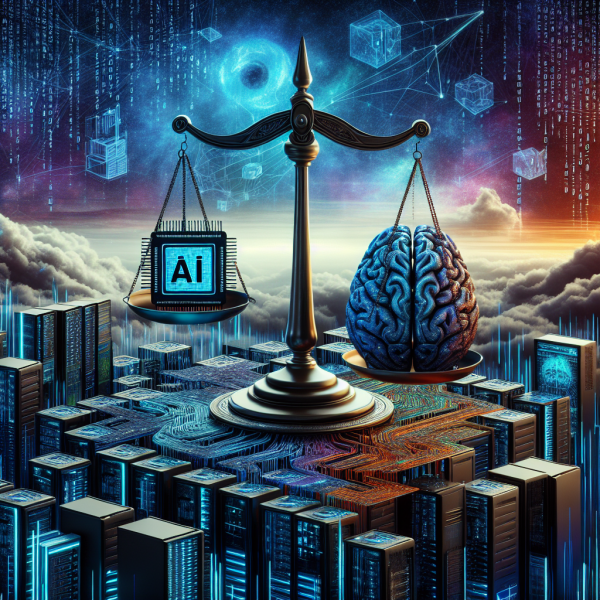Future-Proofing Your Business: Why AI Automation is No Longer Optional

In an era defined by unprecedented technological advancement, businesses worldwide are navigating increasingly complex landscapes. The rapid pace of change brings both challenges and opportunities. Among the most significant shifts is the rise of artificial intelligence (AI) and automation, technologies that are no longer futuristic concepts but essential tools for survival. Future-proofing your business has transcended the realm of corporate jargon; it now represents a critical strategy to remain relevant, competitive, and efficient in various industries.
The Imperative for AI Automation
1. Enhancing Operational Efficiency
AI automation provides businesses with the ability to streamline processes, reduce human error, and optimize workflows. By automating repetitive tasks, companies can reallocate human resources to more strategic roles, thereby enhancing productivity. For instance, routine data entry, payroll processing, and inventory management can be seamlessly handled by AI systems, freeing employees to focus on innovation, customer interaction, and strategic planning.
2. Data-Driven Decision Making
In today’s information-driven economy, decisions backed by data are more critical than ever. AI systems can analyze vast amounts of data quickly, providing valuable insights that humans might overlook. Predictive analytics, powered by AI, enables businesses to forecast trends, understand customer behavior, and make informed decisions, reducing reliance on intuition alone. The capacity to make real-time, data-informed decisions can set a business apart in today’s competitive landscape.
3. Personalization at Scale
Customer expectations have evolved, demanding more personalized experiences. AI automation can assess customer data to tailor marketing messages, product recommendations, and customer service interactions. With chatbots and AI-driven customer service platforms, businesses can offer immediate support and dynamically adapt to customer needs, creating a more engaging and satisfying experience. Personalization not only enhances customer loyalty but can also lead to increased sales and repeat business.
4. Cost Reduction
While the initial investment in AI technology can be substantial, the long-term cost savings can be significant. Automation reduces labor costs associated with manual tasks, minimizes error rates that could lead to costly corrections, and lowers operational costs through improved efficiency. Furthermore, by optimizing inventory through automated supply chain management, businesses can reduce excess stock, leading to lower holding costs.
Addressing Common Concerns
Despite the clear advantages of AI automation, many businesses remain hesitant, often citing concerns over job displacement, implementation complexity, and high initial investment. However, businesses can approach these challenges strategically:
-
Reskilling and Upskilling: Rather than viewing AI as a job stealer, consider it an opportunity for transformation. Embracing AI can lead to the creation of new roles focused on overseeing, maintaining, and enhancing these technologies. Investing in employee training and development ensures that your workforce is equipped to handle the changes and leverage AI to complement their skills.
-
Incremental Implementation: Businesses don’t need to adopt AI automation across all operations immediately. A phased approach allows companies to test, learn, and adjust strategies based on real-world feedback. Beginning with high-impact areas can demonstrate quick wins, earning buy-in from stakeholders and smoothing the path for broader adoption.
- Cost-Benefit Analysis: Conduct a thorough evaluation of potential AI solutions versus their costs. Many cloud-based AI services minimize upfront expenditure while offering scalable solutions, making it easier for small and medium-sized enterprises to access advanced technologies.
The Future of Work
AI automation is shaping a new work environment that emphasizes collaboration between humans and machines. Businesses that leverage AI not only improve their operations but also foster a culture of innovation. As routine tasks disappear, creativity, problem-solving, and emotional intelligence will become even more valuable assets in the workforce.
Conclusion
The integration of AI automation is no longer optional; it is a fundamental strategy for future-proofing your business. By embracing these technologies, companies can enhance efficiency, drive innovation, and remain competitive in rapidly changing markets. The businesses that thrive in the coming years will be those that not only adopt AI but also adapt to the new dynamics it brings, ensuring they are equipped to meet evolving customer expectations and market demands. The future is here—and businesses must be prepared to embrace it.














